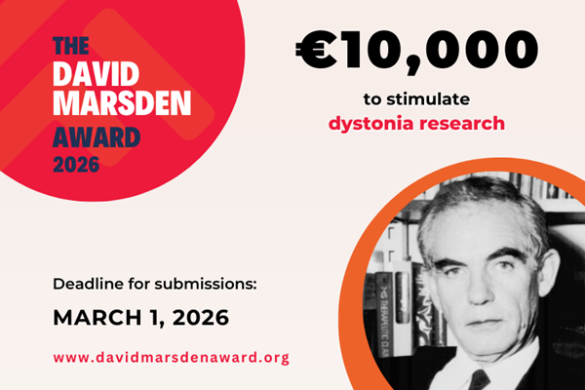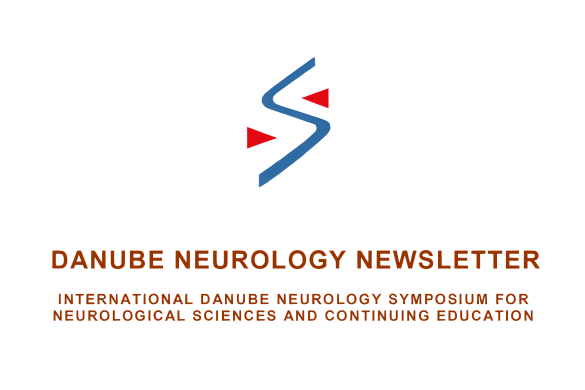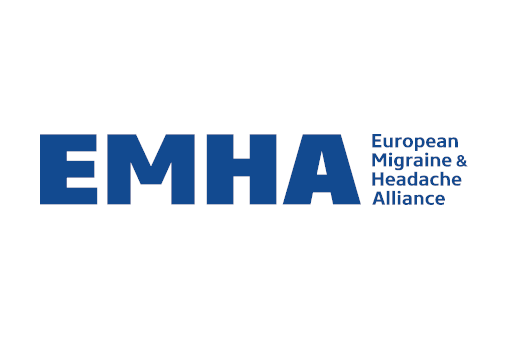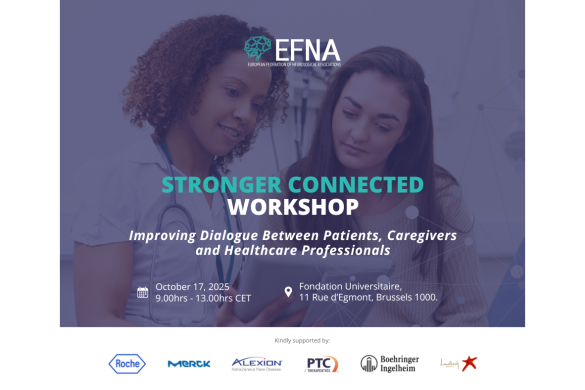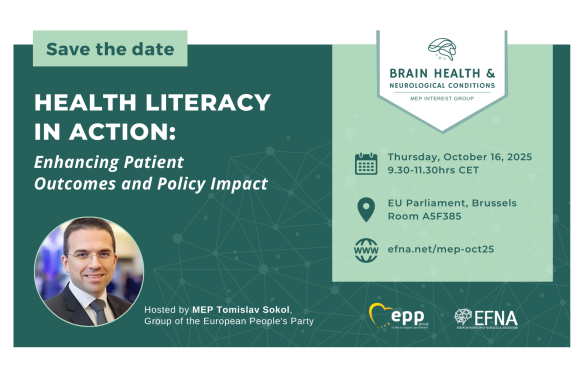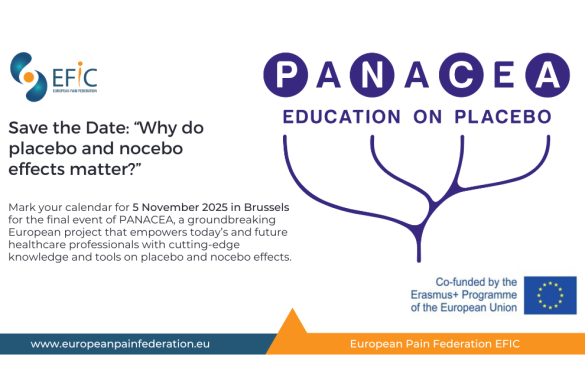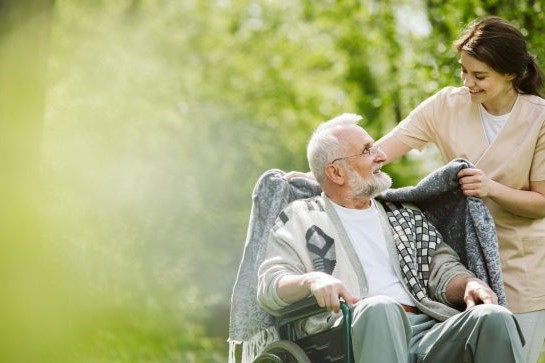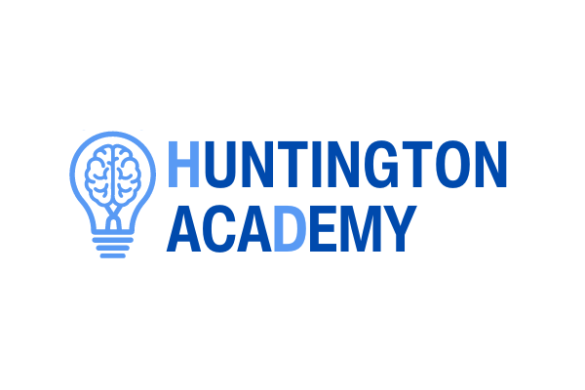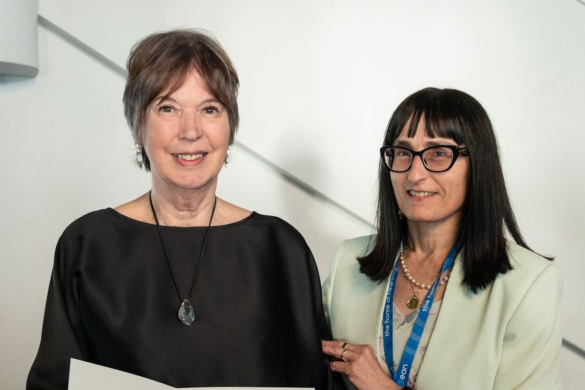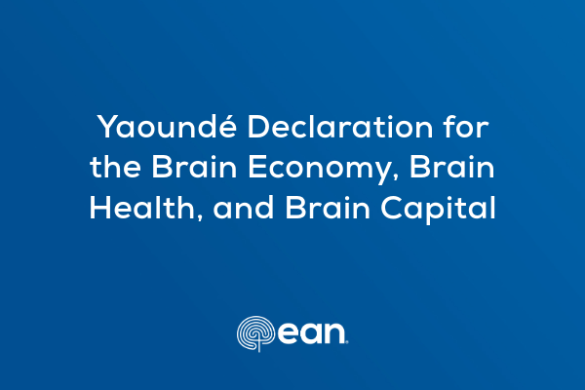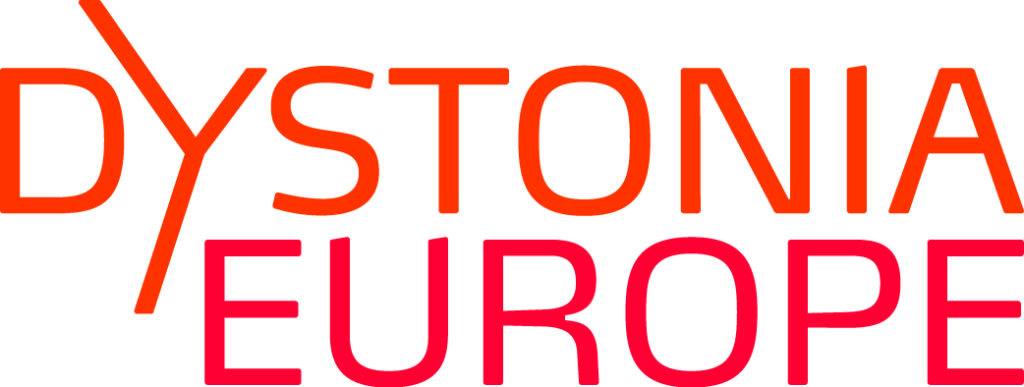
Founded/Established in and Short synopsis of aims and objectives
Dystonia Europe was founded in 1993. It is an umbrella organization of 21 national dystonia associations from 18 countries in Europe. Dystonia Europe brings together and estimated 500,000 patients in Europe
Its aims:
- To contribute to a better quality of life for patients
- To support the search for a cure.
Its core activities:
- Raising awareness – leading voice in Europe on the impact of Dystonia
- Sharing knowledge – provide latest information and useful resources for members and other stakeholders
- Connecting people for Dystonia – member organizations, healthcare professionals, European policymakers, the industry, and other partners to collaborate effectively
- Fostering education and training.2 major achievements/ongoing work
- European Dystonia Research Network
We value our close collaboration with dystonia specialists across Europe. Dystonia Europe acts as Grant holder of a COST-funded project: European Network for the Study of Dystonia Syndromes, bringing researchers and clinicians together in partnership. Please see http://www.cost.eu/COST_Actions/bmbs/BM1101
The main successes of this action have been so far:
- Three Dystonia Training Schools – Each school was a three-day event, with travel grants to more than 100 young specialists
- Short Term Scientific Missions – 40 grants for young scientists, to support study for short periods with dystonia experts in other countries.
- The creation of a clinical and genetic online registry.
- Jump for Dystonia
Dystonia is a little-known brain disorder, among the medical profession generally, and certainly among the public. Raising awareness can help combat the stigma and isolation felt by people with dystonia, and can also be the key to earlier diagnosis and treatment. In 2014 we launched the awareness campaign Jump for dystonia. The on-line campaign engaged people all over the world and we received over 10 000 Jumps. Jump for Dystonia events were held across Europe, including one at the European Parliament where the Commissioner on Health Vytonis Andriukaitis Jumped for Dystonia.
Outline of plans for 2017 – focus on major awareness day or activity
D-DAYs 2017
Our D-DAYS form an important event for our members and others with an interest in dystonia, attracting around 100 participants every year. This Dystonia Forum is held each year in a different major European city to allow:
- National member associations and other partners networking and sharing the latest information with others in their home countries
- Host dystonia member association leveraging dystonia awareness on a national level by creating a ”buzz” around dystonia for a few days.
Next D-DAYs: Rome, Italy 12-14 May.
https://dystonia-europe.org/activities/events/dystonia-europe-2017-rome/
David Marsden Award 2017
This biennial award of €10,000 is intended to stimulate dystonia research by young scientists. Professor David Marsden (1938 – 1998) was a leading neurologist in Europe and DE honours his crucial role in developing understanding of dystonia. Presented this year in Rome on 12 May.
https://dystonia-europe.org/activities/awards/
MyDystonia: A digital diary for dystonia patients to monitor disease impact and daily well-being. A PDF download can be shared with the physician to optimize treatment and improve outcome. Available in 10 languages on-line at http://www.mydystonia.com or from the App Store or Google Play.
http://www.europarl.europa.eu/RegData/etudes/STUD/2016/595331/IPOL_STU(2016)595331_EN.pdf
Our work on the roll-out of the APP continues and is supported by our national MyDystonia Ambassadors.
Statement of importance of working with physicians(/EAN) and comment on what a patient organisation – such as DE – can bring to a scientific panel.
Our long-established collaborations with movement disorder specialists in Europe continue to be extremely important, and have grown considerably in recent years via our work with the Dystonia Research Network. We also greatly value the work of the EAN and our representative in past years has directly contributed to the Education and European Liaison committees, as well as the working group on dystonia guidelines. From Dystonia Europe we can continue to contribute with:
- The patient perspective on treatment, quality of life, research areas
- The large network of dystonia patients and their families throughout Europe.
You can find out more about who we are and who we represent here:
https://dystonia-europe.org/about-us/members/
https://dystonia-europe.org/about-us/board-advisors/
Should you wish to know more, please get in touch with:
Monika Benson (Executive Director) monika.benson@dystonia-europe.org
Or visit our website at: https://dystonia-europe.org
You can also keep up to date with us on social media here:
https://www.facebook.com/dystonia.europe/
https://twitter.com/dystoniaeurope
https://www.youtube.com/user/DystoniaEurope
https://www.instagram.com/dystoniaeurope/
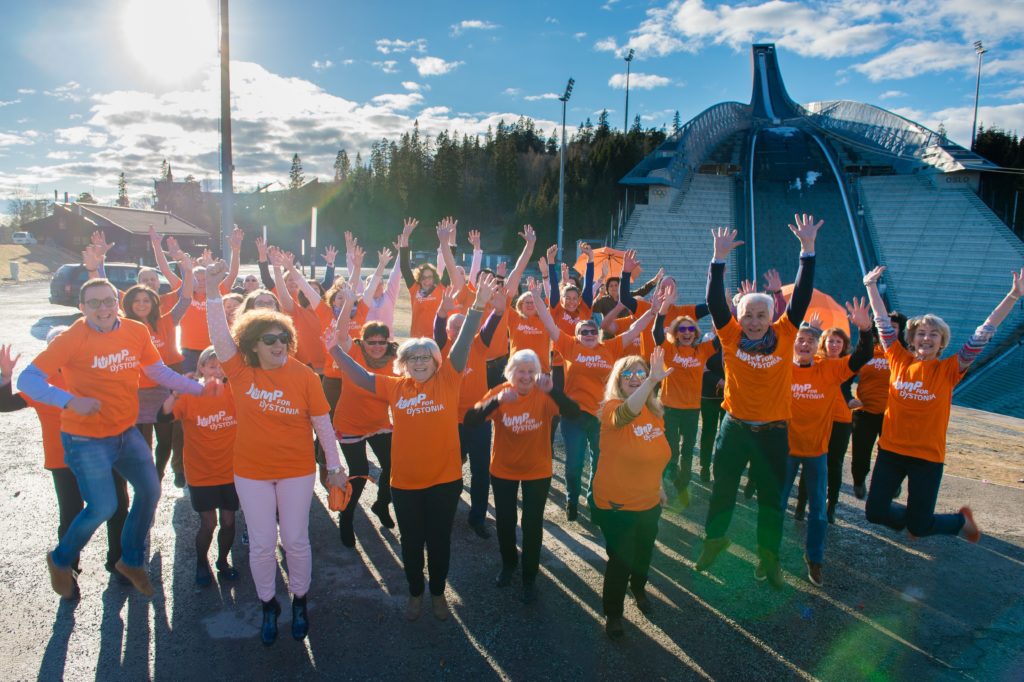
Foto: Stephan Röhl




